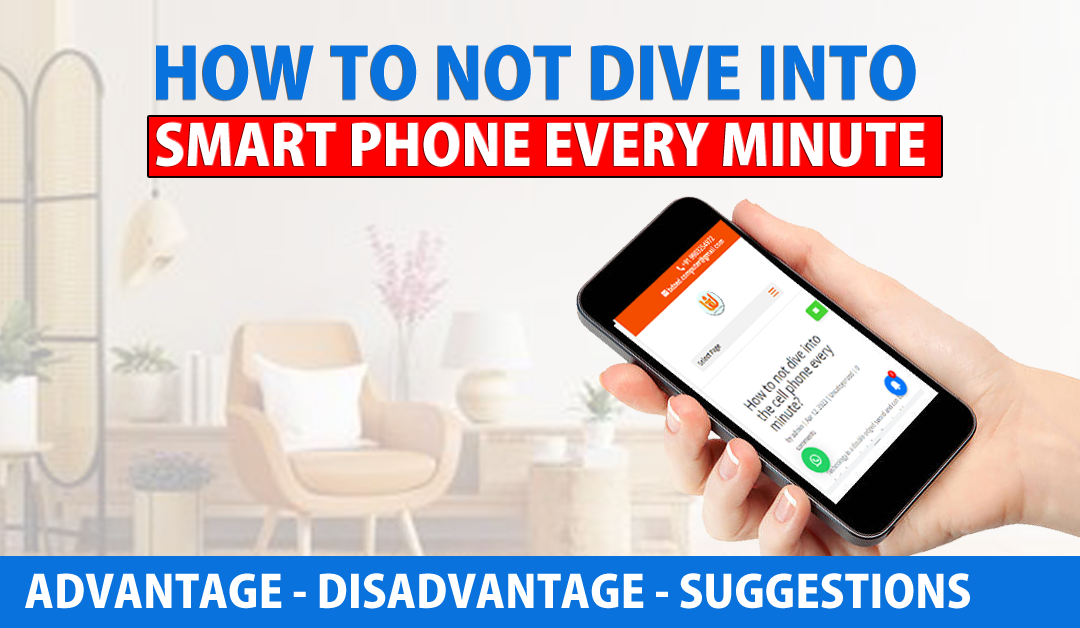Technology is a double-edged sword and can be both a boon and a sin depending on how it is used.
On one hand, technology has revolutionized the way we live and work, providing us with incredible benefits such as improved communication, increased productivity, enhanced safety, and greater access to information. Technology has also enabled us to connect with people and ideas from all over the world, breaking down barriers and fostering collaboration and innovation.
However, on the other hand, technology can also have negative consequences if it is misused or overused. Excessive use of technology can lead to addiction, social isolation, and physical and mental health problems. Additionally, technology can be used for harmful purposes such as cyberbullying, identity theft, and online fraud.
Therefore, it’s important to strike a balance and use technology in a way that enhances our lives and benefits society while minimizing the negative impacts. We should strive to use technology responsibly, ethically, and sustainably, while also being mindful of the potential risks and drawbacks.
Disadvantage : –
There are several disadvantages of constantly diving into your cell phone:
- Reduced productivity: Constantly checking your phone can be a major distraction and can lead to decreased productivity, as it takes time to refocus on the task at hand.
- Impaired sleep: Exposure to the blue light emitted by cell phone screens can interfere with the body’s natural sleep-wake cycle, making it harder to fall asleep and stay asleep.
- Eye strain: Staring at a small screen for long periods of time can cause eye strain, which can lead to headaches, blurry vision, and dry eyes.
- Posture problems: Holding your phone for extended periods of time can cause poor posture and neck, shoulder, and back pain.
- Social isolation: Constantly checking your phone can lead to social isolation, as it can interfere with face-to-face interactions and prevent you from fully engaging in social activities.
- Addiction: Constantly checking your phone can lead to addiction, as it can trigger the release of dopamine, a neurotransmitter that is associated with pleasure and reward.
- Decreased attention span: Constantly switching between tasks and notifications on your phone can lead to a decreased attention span and make it harder to concentrate on important tasks.
Overall, diving into your cell phone every minute can have negative effects on your physical and mental health, as well as your relationships and productivity. It’s important to take steps to reduce your cell phone usage and find a healthy balance that works for you.
Advantage :–
While there are several disadvantages of constantly diving into your cell phone, there are also some potential advantages. These include:
- Instant communication: One of the main benefits of cell phones is the ability to communicate instantly with others, no matter where you are.
- Convenience: Cell phones are convenient and portable, making it easy to stay connected and access information on-the-go.
- Increased productivity: In some cases, cell phones can actually increase productivity by enabling you to work remotely, collaborate with colleagues, and access important information quickly.
- Improved safety: Cell phones can be a lifesaver in emergency situations, allowing you to call for help or get directions to safety.
- Entertainment: Cell phones can provide entertainment through music, videos, games, and social media, which can be a source of stress relief and relaxation.
- Education: Cell phones can be used for educational purposes, such as accessing online courses or research materials.
- Access to information: Cell phones provide access to a wealth of information, such as news, weather, and directions, which can be helpful in daily life.
Overall, while there are some potential advantages to constantly using your cell phone, it’s important to find a balance and use your phone in a way that is healthy and productive for you.
How to Balance Smart Phone Usage :-
Here are 10 points in detail to help you balance your cell phone usage:
- Identify triggers: Take note of situations or emotions that lead you to check your phone frequently. By recognizing these triggers, you can develop strategies to manage them more effectively.
- Turn off non-essential notifications: Notifications can be a major distraction, and turning off notifications for non-essential apps can help reduce the temptation to check your phone.
- Set limits: Use an app or timer to set limits on your phone usage. Start with small increments of time and gradually increase them as you become more comfortable.
- Keep your phone out of sight: When you’re not using your phone, keep it out of sight and out of reach to reduce the urge to check it.
- Use the “Do Not Disturb” mode: Use the “Do Not Disturb” mode when you need to focus on a task, or during certain times of the day, such as meals or bedtime.
- Disable automatic login: Disabling automatic login for social media and other apps can create a barrier to usage, as you’ll need to enter your login information each time you want to use them.
- Create a schedule or routine: Develop a schedule or routine that includes specific times for phone usage and other activities. Stick to this schedule as much as possible to create a sense of structure and predictability.
- Engage in other activities: Engage in activities that require your full attention, such as exercise, meditation, or hobbies. This can help distract you from the urge to check your phone.
- Set goals: Set goals for how much time you want to spend on your phone each day, and track your progress using an app or journal.
- Seek support: Seek support from friends or family members who can help keep you accountable and encourage you to stay off your phone. You can also consider joining a support group or seeking professional help if you’re struggling to reduce your phone usage.
We Welcome your comments on this blogs to improve ourselves .


